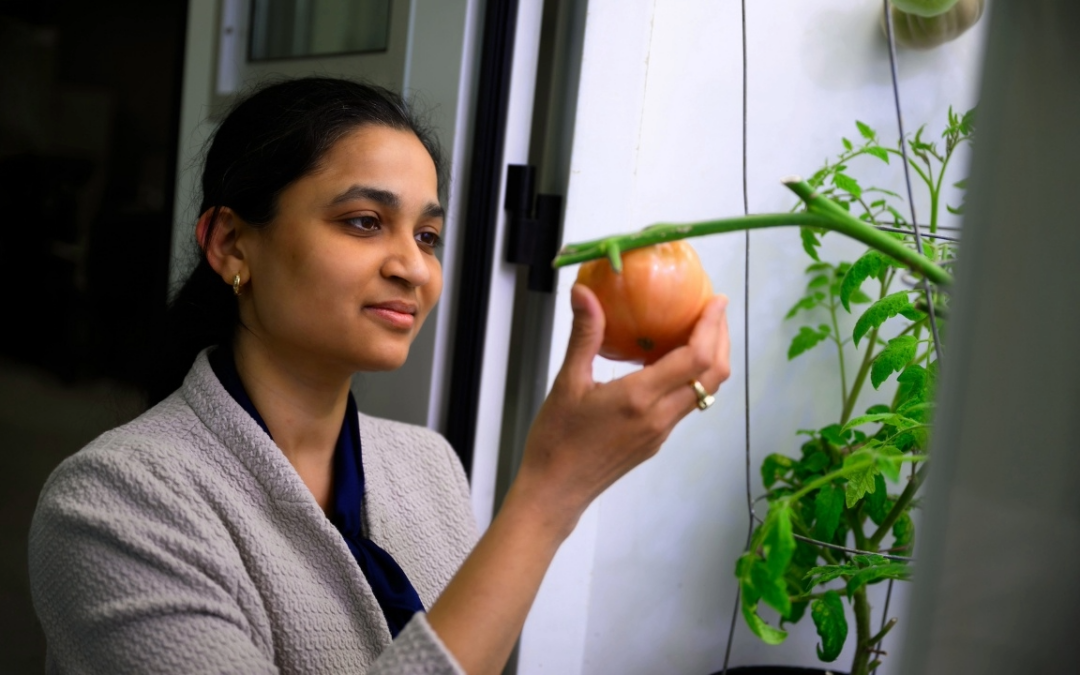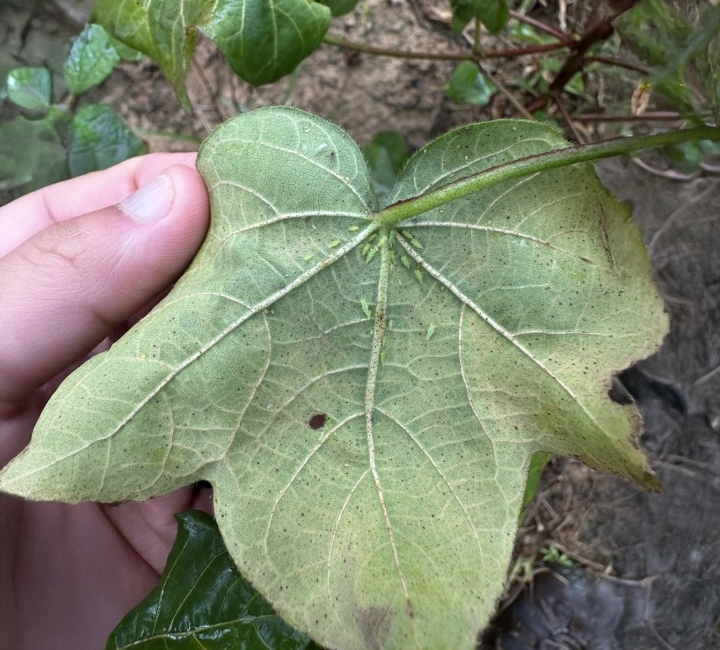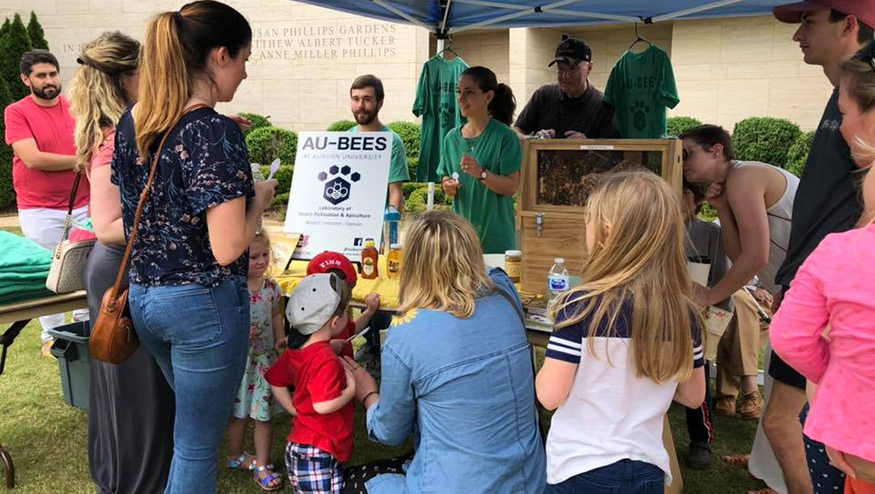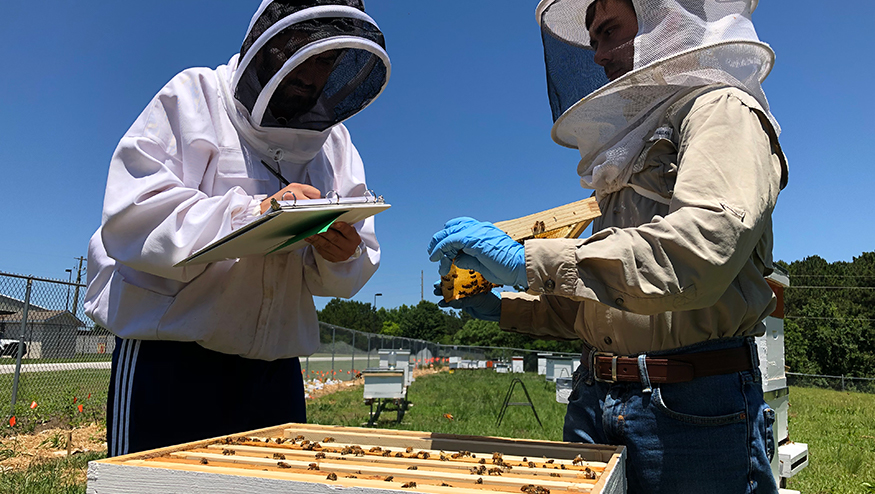Auburn University Bee Center
Our mission is to understand and promote bees through research, instruction, and outreach.
Sweet Honey
The amazing natural sweetener & rapid source of energy!
Our Honey
Honey is a truly amazing thing. Mainly composed of simple sugars and water, its value as a natural sweetener and rapid source of energy has been known for millennia.
Several different bee species produce honey. Among the most well-known is the western honey bee Apis mellifera. It’s the only species of honey bee in the United States.
The color, flavor, and aroma of honey are influenced by many things, but the most important is the type of sugary secretion collected by the foragers of a colony. Perhaps it is floral nectar collected from plants like clover, goldenrod, or tupelo, or maybe it is animal secretions produced by other insects like aphids. With a bit of modification, both can result in honey!
The Alabama Extension publication Nectar and Pollen Producing Plants of Alabama: A Guide for Beekeepers by Jim Tew and colleagues provides a list of important floral nectar sources for honey bees in the region. Around Auburn, important sources of nectar for honey bees are clovers, Chinese tallow, privet, and tulip poplar.
ENPP News

Faculty, extension agents to host 31st Annual Alabama Beekeepers Symposium
Next month, honeybee enthusiasts are invited to attend the 31st Annual Alabama Beekeepers Symposium. The event will take place on February 7. Alabama Extension System and Auburn University will share this educational and training opportunity for new and seasoned...

Securing food and protecting our planet
Winning the war against stealthy pathogens

Cotton jassid confirmed in Alabama
In an already stressful and trying growing season, researchers at Auburn University and Alabama Cooperative Extension professionals have confirmed an invasive insect, the two-spot cotton leafhopper, in cotton fields in Alabama. The insect is also commonly known as the...


